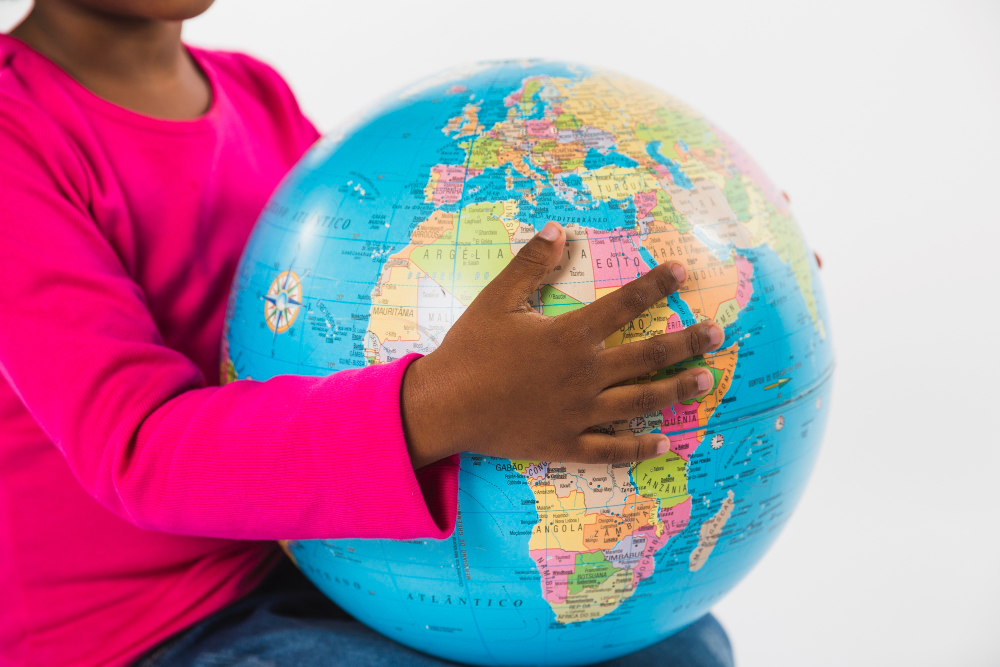Researchers have introduced a biology foundation model that can recognise over a million species and understand relationships across the animal and plant kingdoms.
BioCLIP 2 was trained on one of the most extensive biological datasets ever compiled, allowing it to identify traits, cluster organisms and reveal patterns that support conservation efforts.
A model that relies on NVIDIA accelerated computing instead of traditional methods and demonstrates what large-scale biological learning can achieve.
Training drew on more than two hundred million images that cover hundreds of thousands of taxonomic classes. The AI model learned how species fit within wider biological hierarchies and how traits differ across age, gender and related groups without explicit guidance.
It even separated diseased leaves from healthy samples, offering a route to improved monitoring of ecosystems and agricultural resilience.
Scientists now plan to expand the project by utilising wildlife digital twins that simulate ecological systems in controlled environments.
Researchers will be able to study species interactions and test scenarios instead of disturbing natural habitats. The approach opens possibilities for richer ecological research and could offer the public immersive ways to view biodiversity from the perspective of different animals.
BioCLIP 2 is available as open-source software and has already attracted strong global interest. Its capabilities indicate a shift toward more advanced biological modelling powered by accelerated computing, providing conservationists and educators with new tools to address long-standing knowledge gaps.
Would you like to learn more about AI, tech and digital diplomacy? If so, ask our Diplo chatbot!










